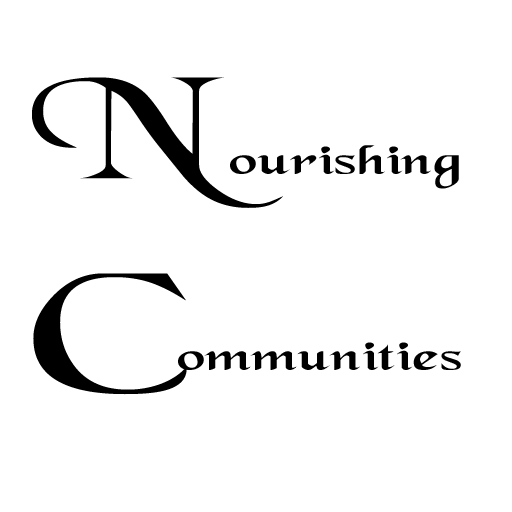Nourishing Communities is a research and knowledge mobilization partnership that has been evolving since 2007. This partnership led to the founding of Laurier’s Centre for Sustainable Food Systems and is a precursor for
FLEdGE (Food: Locally Embedded, Gobally Engaged).
The partnership’s research focuses on the viability of community food projects and sustainable local food systems. The work includes more than eighty participants, including community practitioners, academics, private sector, and government officials from Canada, the UK, and the United Nations. While the network initially focused on Ontario, they have increasingly collaborated with a wide range of scholars and practitioners nationally and internationally.
Through collaborative efforts, the partnership has provided community food projects with targeted support. It has produced numerous outreach and communications materials, including: more than three dozen conference and community presentations, a
video series, community workshops, reports, and peer-reviewed publications.
Key projects of the partnership include:
- The Social Economy of Food used case studies grounded in Community Based Research (CBR) to identify and document a spectrum of multifunctional social economy food activities and their informal contributions to the community. Funding for this project was provided through the Social Sciences and Humanities Research Council (SSHRC) Insight Grant.
- Ontario Regional Food Hub Survey included two surveys sent to Ontario’s local and regional food producers, processors, distributors, and food service procurers. The ultimate goal of the project was to help funding agencies understand community and business needs, where funding/resource gaps exist, and how to effectively support such operations. Funding for this project was provided through the Ontario Ministry of Agriculture, Food and Rural Affairs (OMAFRA) New Directions program.
- Farm 2.0 explored how internet and communication technologies can be used in Canada’s sustainable food movement to optimize traditional agricultural practices, enable effective networks, and facilitate policy change.
- Ontario Food Hub Case Studies 2015 used a series of in-depth case studies in Northern, Eastern, and Southern Ontario to tell the stories of innovative food hubs from across the province, provide insights into what makes a food hub successful, and how these businesses and organizations help build more sustainable, local food systems. Funding for this project was provided through the OMAFRA New Directions program.
- Community Food Toolkit provides guidance for communities to build more resilient, sustainable communities of food that respect the principles of ecological resilience, social justice and economic viability from field to table to compost heap. The Toolkit highlights 19 innovate case studies from Ontario, which were identified from a scan of more than 350 food projects and 170 interviews. Funding for this project was provided through the OMAFRA/University of Guelph Partnership KTT Project.
